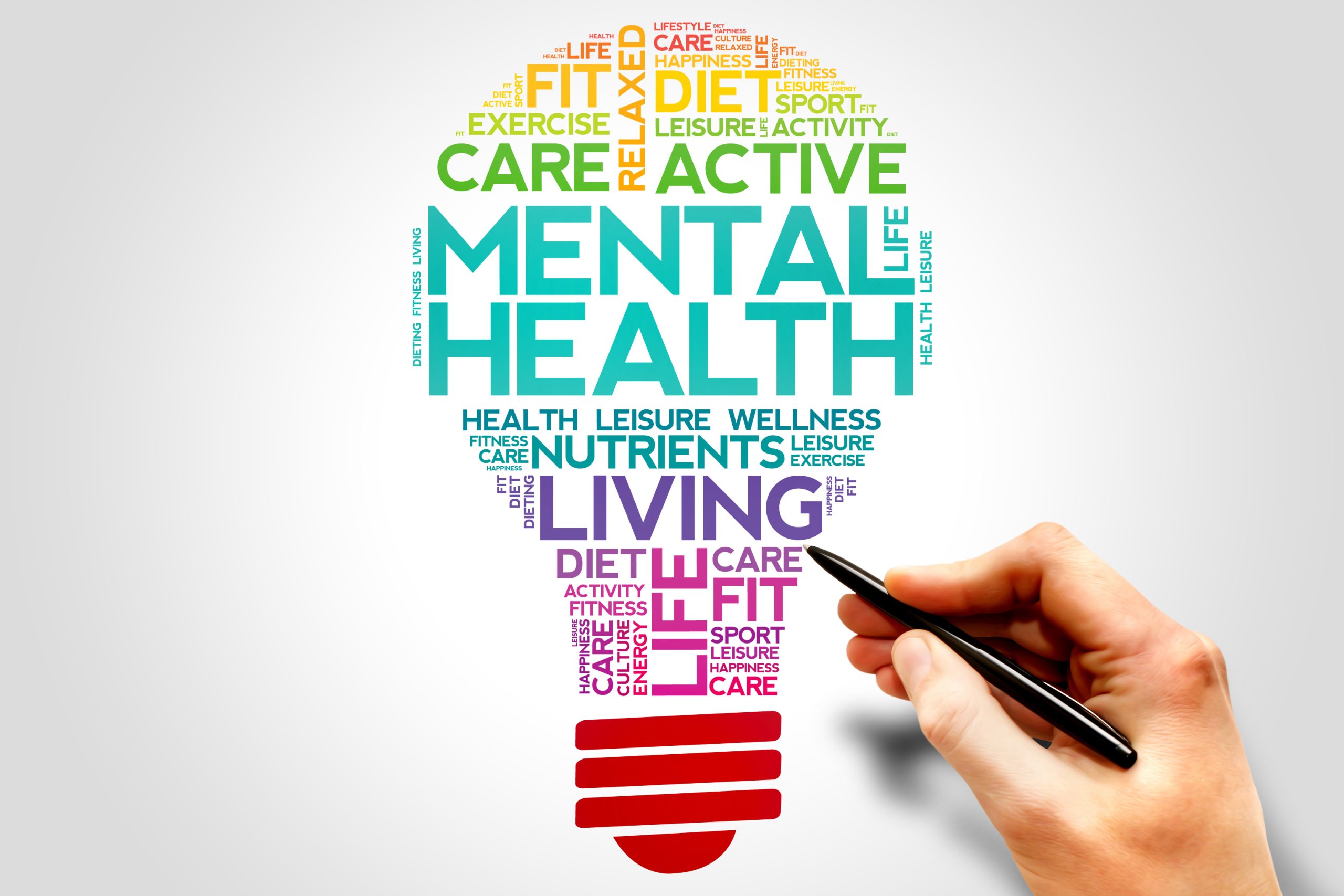What is Anxiety Disorder?
There are many different types of anxiety disorders. Symptoms can be brief, lasting only a few hours, or long and incapacitating. The problem can interfere with day-to-day living and can affect sleep, concentration, travel, and health. There is no known cure for anxiety, but treatments can help. Read on to learn more about how to treat anxiety disorders. It’s important to remember that anxiety disorders can be treated with psychotherapy or medications.
Anxiety Diagnosis
Anxiety diagnosis requires the presence of certain signs and symptoms and must interfere with a person’s ability to perform normal daily tasks. Anxiety disorders must not be caused by another mental or physical disorder. Although anxiety disorders can occur in combination with other conditions, their symptoms may overshadow those of the underlying condition. Anxiety disorder symptoms can cause an individual to worry and feel depressed. However, the good news is that anxiety is treatable.
The symptoms of anxiety disorders include excessive worry and fear, nervousness, and obsessions. In addition to these symptoms, anxiety disorders also have numerous physical symptoms. Because of this, a physician must be highly suspicious when they observe multiple symptoms in a patient, particularly if they have no physical cause. Some researchers recommend screening for psychiatric disorders as part of routine health care for some patients. The earlier that an individual recognizes the signs and symptoms of anxiety, the better.
Anxiety Treatment
If you suffer from anxiety, you are not alone. In the United States, an estimated 19 percent of adults (18 and up) deal with this problem every year. That’s around 40 million people. Anxiety treatment is crucial for these people, who can be embarrassed about their condition because they may feel weak. Anxiety treatment for men, however, can help you overcome these feelings. Here are some facts about anxiety disorders.
First, identify what triggers your anxiety. Do not isolate yourself from people and activities you enjoy. Instead, reach out and make friends with like-minded individuals. Consider joining a support group. You’ll get compassionate help and advice from others who are going through the same experience. Additionally, physical activity can reduce anxiety symptoms. Make time to get regular exercise and reduce your stress. Avoid caffeine and other stimulants. Taking the medication prescribed by a doctor is also a great way to relieve stress.
Psychotherapy For Anxiety
If you’re having difficulty managing the symptoms of your anxiety, psychotherapy might be helpful. People who suffer from anxiety disorders are often aware of their worst fears, which make everyday activities difficult or painful. They may also question the strength of their relationships and the strength of their own convictions. However, psychotherapy can help you manage these symptoms and overcome your anxiety.
Cognitive-behavioral therapy is the most common type of psychotherapy for anxiety disorders. The aim of this treatment is to help sufferers identify their learned behaviors and replace them with less harmful ones. This therapy has been proven to reduce anxiety symptoms and improve the quality of life for those who suffer from it. The American Psychological Association reports that 75 percent of patients who undergo psychotherapy improve their quality of life significantly. However, it is important to understand that psychotherapy is not a quick fix.
Medications For Anxiety
While psychotherapy is the most common form of treatment for anxiety disorders, medications can also be a part of the treatment plan. Among the available medications for anxiety disorders, cognitive-behavioral therapy (CBT) aims to help patients learn new ways of controlling and managing their thoughts. This type of therapy may involve slowly exposing patients to triggers to help them build a tolerance to them. Generally, beta-blockers and sedatives are short-term medications. Antidepressants, on the other hand, are commonly prescribed for long-term use.
Off-label medications are usually prescribed by healthcare professionals to treat anxiety disorders. However, they may have side effects or interactions with other medications and should be used only under the supervision of a healthcare professional. Medications for anxiety disorders are one of the most common forms of treatment for this mental health condition. Approximately 264 million people worldwide suffer from anxiety disorders. Although off-label medications are not recommended for everyone, it’s worth trying them if you don’t see results from non-pharmacological methods.
Finding Anxiety Doctor
Anxiety is a common mental disorder that can be treated by a variety of professionals. Getting help early is crucial for successful treatment. The first step in finding an anxiety doctor is to visit your primary care physician. If your anxiety is mild, your primary care doctor can rule out other conditions and refer you to a mental health professional if necessary. However, if your anxiety is severe or is accompanied by another mental health disorder, you may need more serious treatment.
Medication for anxiety disorders is often prescribed. Antidepressants work by changing the neurotransmitters in the brain. These chemicals regulate our moods and feelings. Most antidepressants used for treating anxiety belong to the class of drugs known as selective serotonin reuptake inhibitors. However, it is important to follow the doctor’s instructions carefully. Aside from medications, your doctor can also recommend therapy to help you overcome your anxiety symptoms.
Contact us or call us today if you need help from a professional psychiatrist. We’re here to help you! Visit our blog for more related articles.

